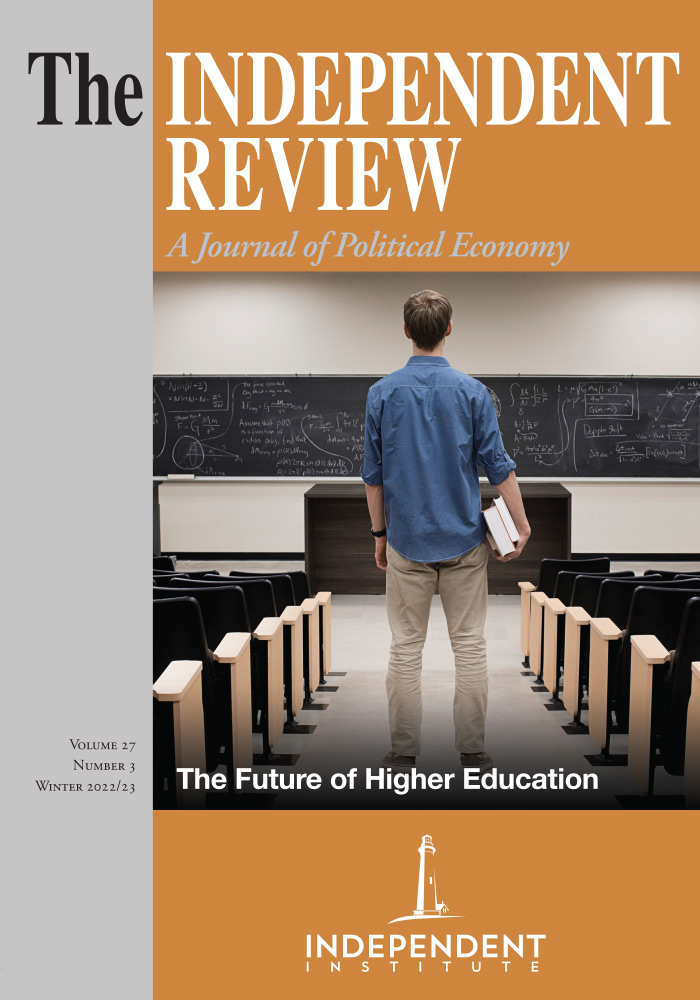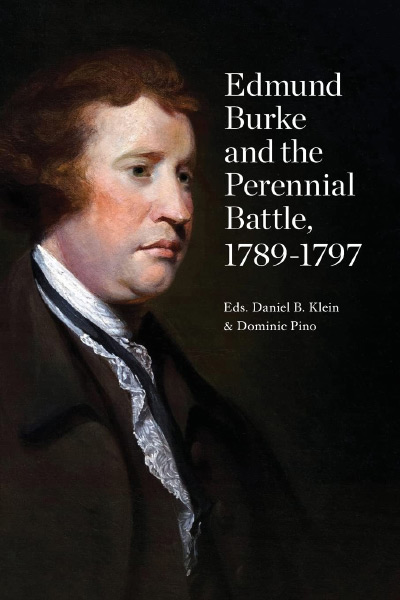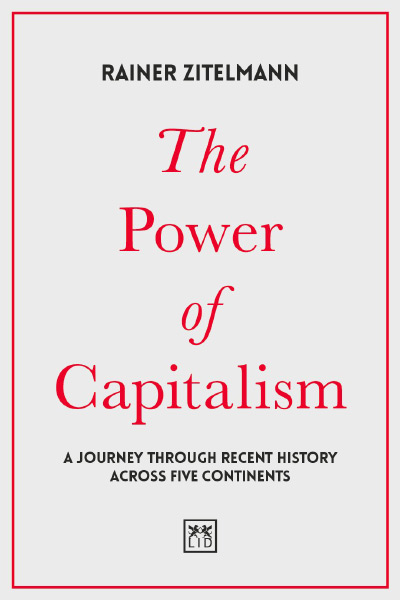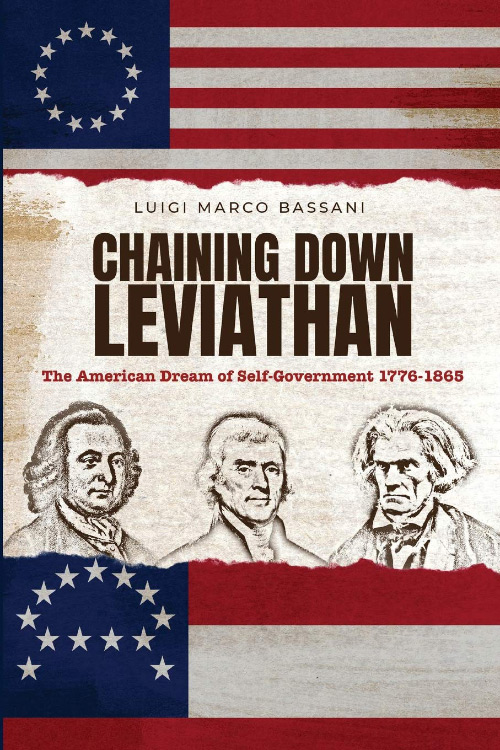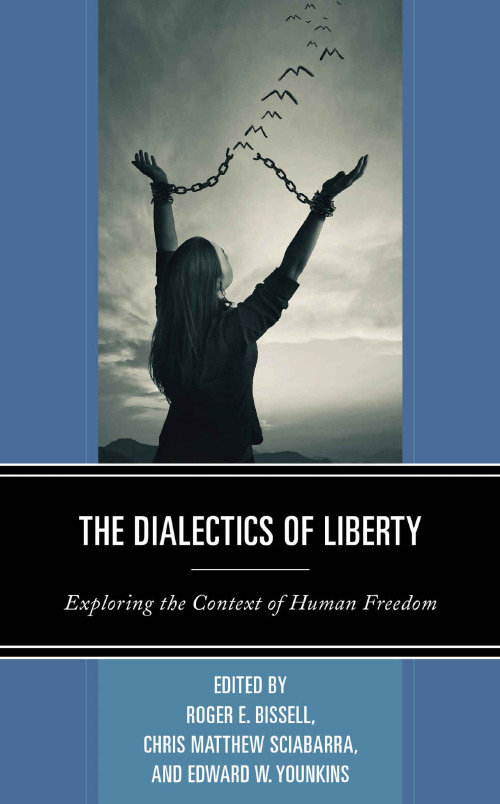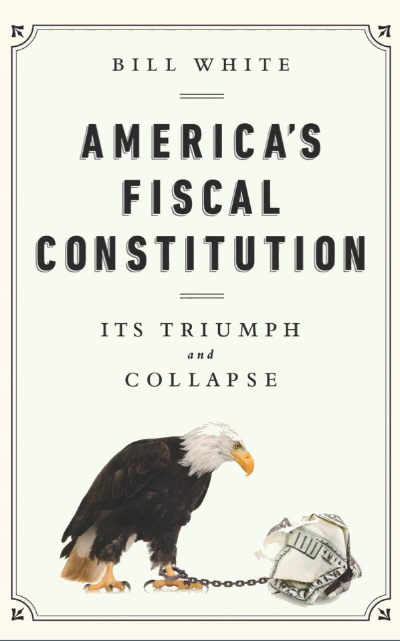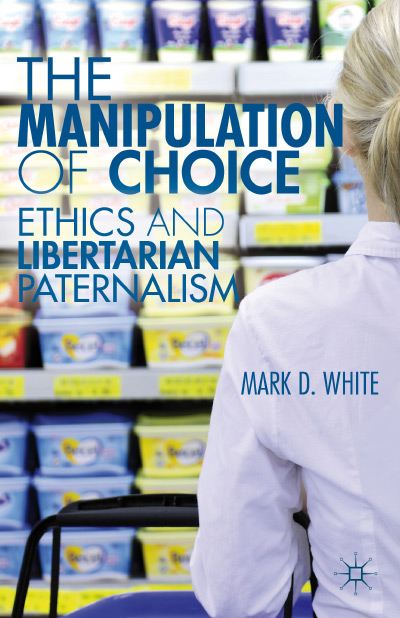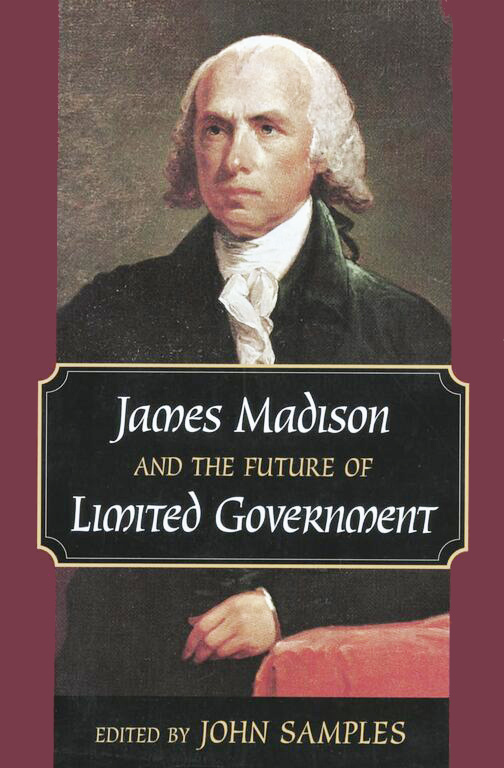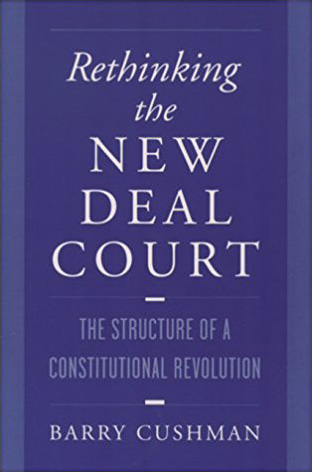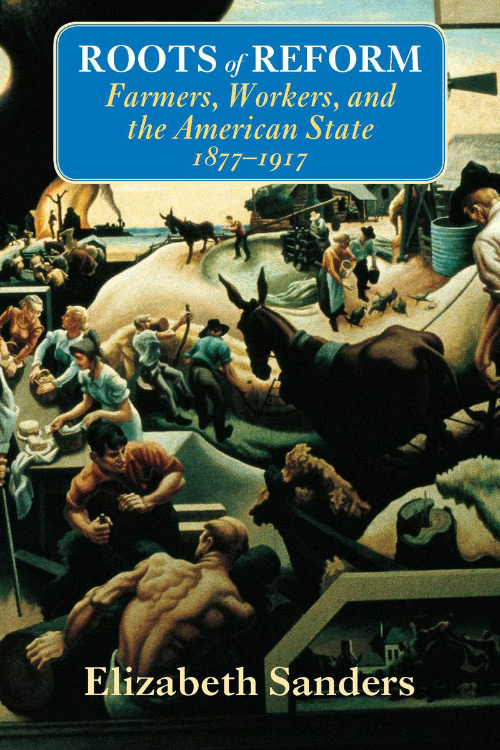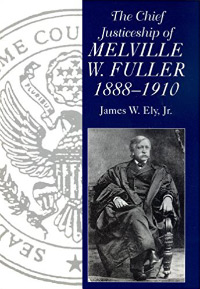How can one champion basic political rights, but constrain the methods used to obtain such rights? It is this struggle to balance individual liberty and social order that marks the work of Edmund Burke and comprises the subject of this slim volume, Edmund Burke and the Perennial Battle, 1789 – 1797, edited by Daniel Klein and Dominic Pino. Burke’s work during these years highlighted the tension between political freedom and maintaining security and order in social settings. He opposed the French Revolution as an unnecessary overstep, but also provided a legitimate basis for challenging power and existing institutions to expand rights for those previously excluded by those in power. He argued that the desire for system change must always be tempered by respect for the existing culture and institutional structures that are embedded in a long history of social interaction.
As Klein and Pino suggest, Burke did not discover this tension. They argue it is a battle which marks political and social life across human history—individuals have always desired both political liberty and the security and stability associated with known rules. In every era, we must find the balance between these competing values to enable peaceful life together. It is this lens that the editors use to bring us critical excerpts from Burke’s later letters and texts. And it is this lens that makes Burke’s writing relevant for students of modern political clashes. The book includes a helpful introduction that guides the reader through a sample of Burke’s work, with passages drawn most heavily from Reflections on the Revolution in France (1790) and his Letters on a Regicide Peace (1795 – 1796). The selections in this book suggest the challenges associated with finding this middle path, especially as tensions and calls for change heat up. Few recognized this tension as well as Edmund Burke.
In reflecting on the causes and the consequences of the French Revolution, Burke recognized the destabilizing effects of excluding some from the benefits of government, but also challenged the tactics of revolutionaries who resorted to destruction of the existing systems as a solution. As Klein and Pino suggest, Burke consistently called for this reasonable and measured approach to balancing the need for fundamental change with the importance of maintaining the stability of existing systems. Extremes on either side were unacceptable to Burke as they were more likely to result in destruction rather than reform. Instead, he pressed both sides to reason and measured action from within.
The scope of change is important to maintain its legitimacy in society. Burke distinguished between change and reform throughout his writing suggesting that wholesale reform can bring down an existing system but may not offer anything else as a viable replacement. Moreover, as Klein and Pino suggest, “Burke sees the importance of persuasion in reformation” (p. 7). The reformer must make the case that the abuse is great, important, and not accidental, but a habitual problem. Furthermore, the reform suggested must be feasible and not possible within the existing mechanisms of change. In essence they argue that Burke’s standard was a pragmatic approach to moving towards greater liberty and correcting abuse. Over his career, he pressed for change in slavery, for the inclusion of Catholics in the franchise, and for changes in colonialism in India. The editors make the case that Burke’s opposition to the French Revolution was a result of his argument of justified means, rather than the legitimacy of seeking to correct past abuses.
In these selections, Burke’s Reflections on the Revolution in France plays a critical role in establishing his argument for an ordered liberty of reformation over revolution. Even his title suggests his hesitancy to recognize this revolution as legitimate, referring to it as a revolution in France rather than the French Revolution. Burke argues that there may be a point at which revolution is necessary for an entire society, but he treats it as the last resort in correcting a failed state:
The speculative line of demarcation, where obedience ought to end and resistance must begin, is faint, obscure, and not easily definable....Times and occasions and provocation will teach their own lessons. The wise will determine from the gravity of the case; the irritable from sensibility to oppression; the high-minded from disdain and indignation at abusive power in unworthy hands; the brave and bold from the love of honourable danger in a generous cause: but with or without right, a revolution will be the very last resource of the thinking and the good (p. 32).
In the absence of this clarity, revolution is unjustified and reform from within is to be favored. Burke outlines throughout these selections why that is the preferred path and urges governments to act to reform before those excluded revolt as their only resort. Revolutions, after all, always take place in context. As the editors suggest, Burke distinguished between those qualified for liberty and those who had shown themselves to fall short. For Burke, the French revolutionaries’ failure to provide a viable alternative to the monarchy suggests that they were unworthy of the liberty they sought. These social costs of a revolution can only be justified under the most egregious circumstances.
Burke also recognized that leaders who were closed to change put their systems at risk. Constitutional systems built on exclusions designed to keep many out cannot survive. He understood the damage that discrimination within formal governing authority and society sets off. It separates the society and divides interest in ways that leave no recourse other than to bring down the system that excludes the out-group. Either one corrects the flaw or the flaw destroys the legitimacy of the system. As Burke notes in his Letter to Sir Hercules Langrishe on the Catholics in Ireland, “Our constitution is not made for great, general and proscriptive exclusions; sooner or later, it will destroy them or they will destroy the constitution” (p. 115).
Many of the selections Klein and Pino include provide advice to elites and the ruling class on how they might protect the stability of the grown system by agreeing to reasonable demands for expanded liberties and correcting prior wrongs. In “An Appeal from the New to the Old Whigs,” he writes, “The great must submit to the dominion of prudence and of virtue; or none will long submit to the dominion of the great” (p. 116). Burke bases his reform strategy on a belief in the wisdom of those with power in the constitutional system. Over time, the evolving system has generated an understanding of the importance of maintaining this balance between liberty and stability that they are in a position to uphold. As he argues: “Rational and experienced men, tolerably well know, and have always known, how to distinguish between true liberty and false liberty” (p. 111). But, failure to act reasonably may result in destruction of critical foundations that may not be repairable once the battle is complete. He further cautions the aristocracy to keep their priorities and values straight as they seek to resolve conflicts and accept political change. For example, he suggests that the focus on preserving wealth at the expense of the true values of the existing institutions can undo the legitimacy that provides both: “If wealth is the obedient and laborious slave of virtue and publick honour, then wealth is in its place, and has its use....If we command our wealth, we shall be rich and free. If our wealth commands us, we are poor indeed” (p. 121).
While much of Burke’s writing is directed at those in power, Burke does not spare those seeking to rewrite completely the existing institutions rather than reforming those systems. In Letter IV of his Letters on a Regicide Peace he notes:
The (French) Royal Family perished, because it was royal. The Nobles perished, because they were noble. The Men, Women, and Children who had property, because they had property to be robbed of. The Priests were punished, after they had been robbed of their all, not for their vices, but for their virtues and their piety (p. 148).
He rails against the destruction of what is good in the institutions and those groups that the revolutionaries seek to destroy. For Burke, it is important to understand what each part contributes to making the system viable and not simply to seek retribution. There is no improvement for the citizen in simply replacing one tyrant with another. Instead, all governments should do only what is necessary to secure the balance of freedom and security through peaceful social interactions: “Let Government protect and encourage industry, secure property, repress violence, and discountenance fraud, it is all that they have to do” (p.146).
Revolution cannot change the constants of human nature and individual interests. Reforms that ignore these truths are destined to suffer from the same problems as the rules and rulers they sought to correct. In this, Burke offers a lesson for us all and Klein and Pino are to be commended for reminding us of this lesson in this student-friendly volume.
| Other Independent Review articles by Roberta Q. Herzberg | |
| Spring 2020 | Elinor Ostrom’s Governing the Commons: Institutional Diversity, Self-Governance, and Tragedy Diverted |

